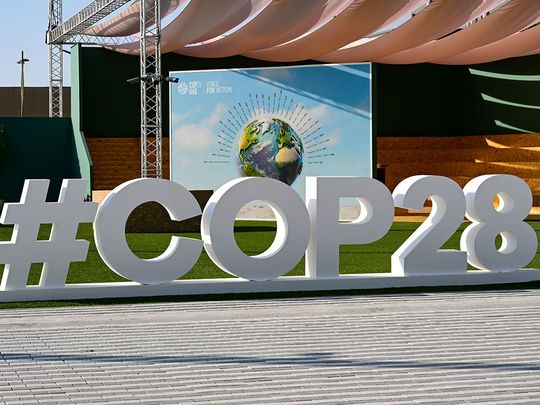As the temporary truce between Israel and Hamas reached its expiration, hopes for a sustained period of peace in Gaza dimmed. The conflict, marked by intermittent ceasefires, resumed as both sides accused each other of violating the delicate agreement. This latest development has triggered widespread concern and renewed international efforts to bring stability to the war-torn region.
The Background:
The truce, initially set for seven days and extended twice, had offered a brief respite for the exchange of hostages and humanitarian aid to flow into Gaza. However, the fragile peace shattered as Israel’s military claimed that Hamas had violated the agreement by firing towards Israeli territory. In response, Israel announced the resumption of combat operations in Gaza.
Hostages and Humanitarian Aid:
One of the key components of the truce was the exchange of hostages held by Hamas for Palestinian prisoners. This humanitarian effort aimed to bring relief to the conflict-stricken region and facilitate the entry of much-needed aid. The temporary pause allowed for the release of dozens of hostages and contributed to the delivery of humanitarian supplies.
Renewed Conflict:
As the truce expired, the situation escalated with reports of Israeli air and artillery strikes in Gaza. The immediate aftermath saw both sides trading blame, but the consequences are profound for the civilians caught in the crossfire. The international community, which had cautiously welcomed the truce, is now grappling with the renewed violence.
International Efforts and Concerns:
Qatar and Egypt, instrumental in brokering the truce, have intensified their diplomatic efforts to salvage the situation. The exchange of hostages and prisoners during the truce provided a glimpse of potential progress, but the renewed conflict threatens to undermine these gains. The broader concerns include the impact on civilians, the potential for further displacement, and the humanitarian crisis in Gaza.
US Involvement and Diplomatic Initiatives:
US Secretary of State Antony Blinken, currently in Israel, expressed deep concern over the resumption of hostilities. During his visit, Blinken emphasized the imperative of avoiding civilian casualties and urged measures to protect critical infrastructure in Gaza. The United States, along with other international actors, is expected to play a crucial role in diplomatic efforts to de-escalate the situation.
The fragility of the truce between Israel and Hamas underscores the deep-rooted challenges in the region. As the conflict resumes, the focus shifts back to finding a sustainable solution that addresses the root causes of the longstanding tensions. The international community must redouble its efforts to broker a lasting peace, protect civilians, and alleviate the humanitarian crisis in Gaza. The road ahead remains uncertain, and the urgency to find a resolution has never been more pronounced.
















